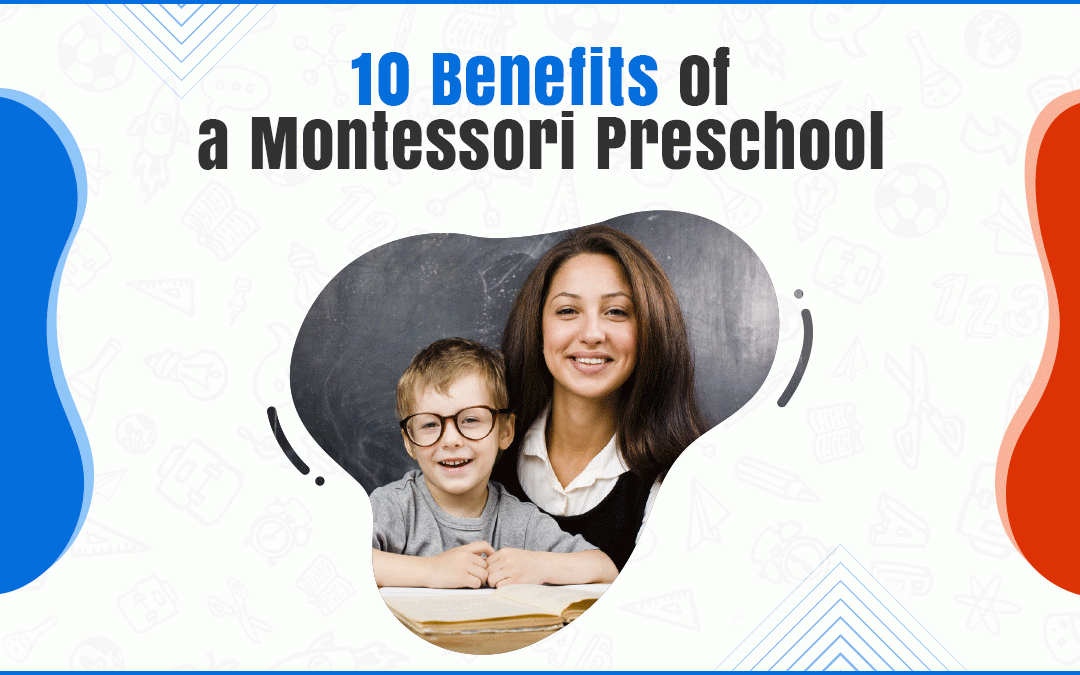In Italy, in the early 1890s, a lone woman had to stay back in the University of Rome, in a deserted classroom, to perform a task deemed crude at that time.
That task was to dissect cadavers, as she was a medical student. Her presence attracted unwanted attention and harassment from her peers and lecturers; the very concept of her being in a room with male students with a cadaver seemed a suggestive idea. Hence the above arrangement took place.
Yet, overcoming these, she went on to achieve milestones and established a new type of education system that has proven beneficial to many children.
As you might have guessed by now, that medical student was Maria Montessori, and the new type of system she instated was the Montessori system.
The Montessori system was a revolutionary concept when it was put forth; its benefits are as discussed below:
1. The system is child-centered
The primary impetus is given to the child, learning the required skills on its own, and thus the curriculum is designed to accommodate the needs and abilities of the children in the program.
As opposed to the traditional teaching systems, the priority is given to the curriculum, where the children can learn at their own pace. The furniture itself is designed to be within reach of the children and to make them comfortable. With the Montessori program, the older kids are equipped to work and help the younger ones.
2. The program is enabled to promote individual personalities
With the freedom given to the children who can work and develop skills at their own pace, the program allows them to flourish and develop their unique identities.
3. Instils self-discipline in the students
While the Montessori system is designed to give children the freedom to work at their own pace, the program has some basic rules following which encourage them to practice self-discipline and basic skills like concentration, self-motivation, and self-control.
4. Teaches students to maintain the order
The objects and stationaries in the classroom are arranged in a particular order that must be maintained before and after its use. This sense of order extends to the other areas of the school – such as the play area or the study area – and this helps the students practice the system of keeping things organized.
5. Promotes Hands-On learning
During the early learning stages in the Montessori system, students are encouraged to pursue hands-on learning with practical skills, mathematical concepts, language, and such.
6. More compelling than traditional methods
According to a study conducted by the University of Virginia, young Montessori students were found to have heightened mathematical and reading skills compared to non-Montessori students. In contrast, the twelve-year-old students of the Montessori program had superior social development compared to that of the same-age students. With this study, we can ascertain that the Montessori system is more efficient than the traditional system.
7. Promotes creativity
With the freedom given to the children, they can put forth their creative side and develop it further, such as finding different methods to solve a mathematical problem or finding an out-of-the-box solution for practical problems.
8. Emphasis on the early milestones
The curriculum of the Montessori system is built mainly for the children, aged between three to five years, to achieve their milestones in their physical and mental development. The younger children work on motor skills, language skills, physical exercise, and crafts. On the other hand, the older preschoolers work upon their interpersonal and communication skills by participating in school trips and special events.
9. Enables children to be team players
With the structure of the Montessori system classrooms, the students are encouraged to share and work together with their classmates; hence, from an early age, the students learn to be a part of the team, which can have a significant positive impact on their future careers.
10. Teachers act as guides
While the students are allowed to comprehend at their own pace, teachers are the guides in the classroom who lay down the basic rules and ensure they are followed. They provide that the students correctly follow the tasks.
So, suppose you are a resident of California. In that case, you might be wondering about the best place for Montessori preschool in California, especially a Montessori of Woodland Hills, then Beginning Montessori is the right choice for you.


